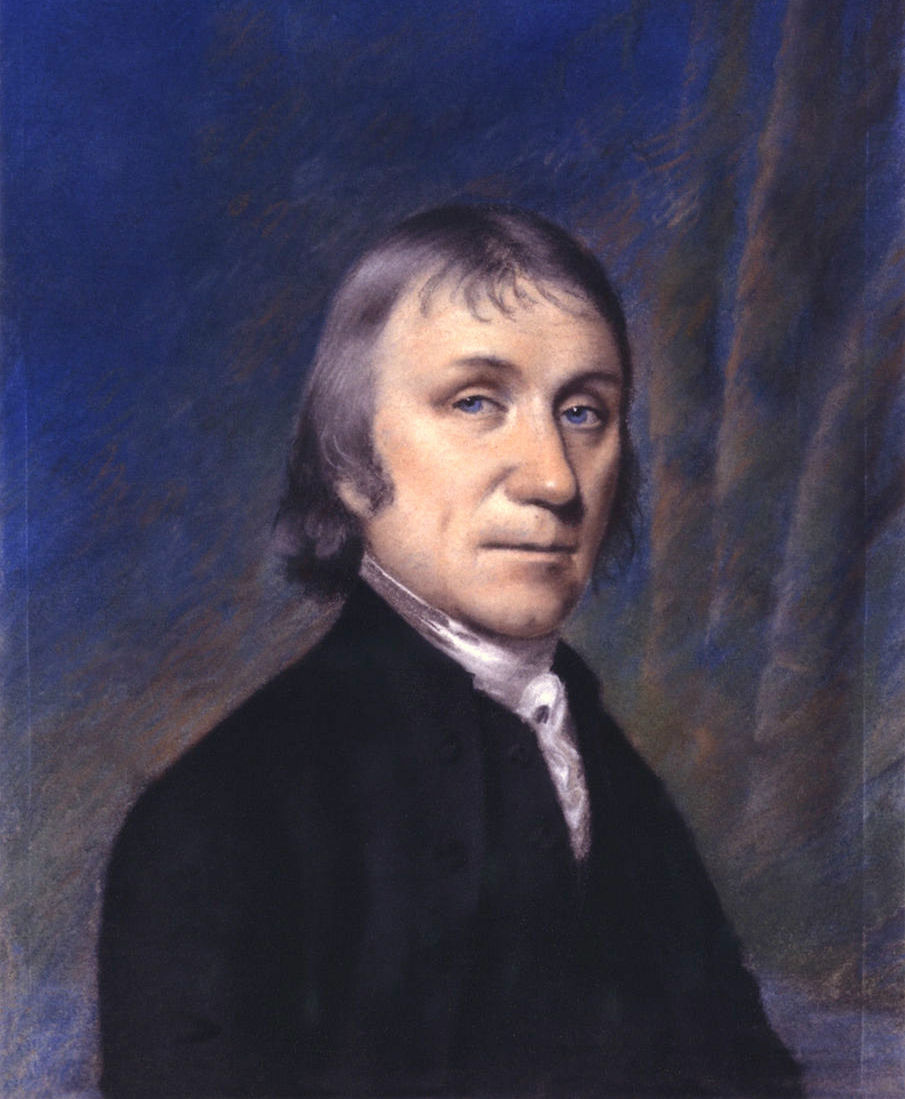Introduction to Estradiol, Definition and Structure, Estradiol’s Effect on History: Medicinal Purposes, Estradiol’s Effect on History: Therapeutic Purposes, History’s Effect on Estradiol


Introduction to Estradiol, Definition and Structure, Estradiol’s Effect on History: Medicinal Purposes, Estradiol’s Effect on History: Therapeutic Purposes, History’s Effect on Estradiol

Comments Off on EstradiolCategories: Estradiol
Nitric Oxide has become one of the world’s most researched molecules ever since three scientists won the Nobel Prize in 1998 for discovering Nitric Oxide’s role in cell signaling, which is a “complex system of communication that governs basic cellular activities and coordinates cell actions.” It is also an extremely studied medical topic. This “miracle molecule” as it is often called, came from a very meek beginning as a toxic gas and air pollutant.
Comments Off on Nitric Oxide and the PastCategories: Nitric Oxide
Tags: Ian Mitchell —
NO has been found to cause schizophrenia if an imbalance occurs. Rats in Sweden with characteristics of schizophrenia have regained normal brain functions if they receive drugs to reduce production of Nitric Oxide. This will be able to spark a completely new treatment for schizophrenics. The drug to give these rats the schizophrenic brain functions is called phencyclidine and the NO dropping treatment caused rats to become resistant to phencyclidine’s effects.
“In the future it is possible that drugs that affect the regulation of nitric oxide in the brain can be used to supplement currently existing anti-psychotic agents. The hope is that nitric oxide inhibiting drugs will alleviate the cognitive disturbances that also lie behind the impairments of social function, significantly improving the chances of a good life for schizophrenic patients,” says Caroline Wass.
Comments Off on Nitric Oxide and the FutureCategories: Nitric Oxide
Tags: Ian Mitchell —

When NO mixes with Oxygen, it can cause capillary and pulmonary dilation. It is used to treat Primary Pulmonary Hypertension in neonatal patients and other relations to birth defects. “It can provide cardiac and respiratory support oxygen to patients whose hearts and lungs are so severely diseased that they can no longer function.”
Comments Off on Nitric Oxide Use 2Categories: Nitric Oxide
Tags: Ian Mitchell —

NO supplies blood to organs when they call for it. When they need this blood supply, whether it is for movement or warmth, our brain tells the blood vessels to release Nitric Oxide. When we eat, NO is sent to our stomach to digest food. When it is there, it can control our blood pressure, and give our body more blood flow or less blood flow depending on our activity level. It also is released into the heart to dilate blood vessels and relieve chest pain.
→ 1 CommentCategories: Nitric Oxide
Tags: Ian Mitchell —

Nitric Oxide was discovered in 1772 by a British man named Joseph Priestly, who referred to it as “nitrous air.” When he discovered this, it was a colorless and gas and a toxic gas. Nitric Oxide continued to recieve the label of being a toxic gas and an air pollutant until over two hundred years later, in 1987, when it was proven to be naturally produced by the body of mammals, including humans.
→ 19 CommentsCategories: Nitric Oxide
Tags: Ian Mitchell —
Nitric oxide or Nitrogen monoxide is a compound with formula NO. Nitric Oxide is extremely important to the body of humans as a signaling molecule. It is a toxic air pollutant, which is often produced by automobiles and power plants and is important to the chemical industry as well.
NO is often confused with nitrous oxide, which is a general anesthetic and also NO2 (Nitrogen Dioxide), which is extremely poisonous. NO is a molecule with unpaired electrons, which causes its high reactivity. When it reacts with ozone, it becomes a reddish-brown color formed nitrogen dioxide.
Nitric Oxide is a very simple molecule, but is also a key molecule in neuroscience, physiology, and immunology. In fact, it is so key that it won the 1992 “Molecule of the Year.”
Comments Off on IntroductionCategories: Nitric Oxide
Tags: Ian Mitchell —
Introduction – Origins – Significant People – Chemistry
Isooctane Affects History – Advertising – The Future – References
REFERENCES
Society for Science & The Public, (1928).New Knockless Fuel Promised. The Science News-Letter. 14, 399.
Kettering, C (1944).Thomas Midgley, Jr. Science, New Series. 100, 562-567.
Bohringer, C (2003).Economic and Environmental Impacts of the Kyoto Protocol. The Canadian Journal of Economics. 36, 475-494.
Clarke, S (199).Managing Design: The Art and Colour Section at General Motors. Journal of Design History. 12, 65-79.
Neufeld, H (1985).Direct Foliar Effects of Simulated Acid Rain. New Phytologist. 99, 309-405.
Marshall, E (1989).The Unclean Fuel?. Science, New Series. 246, 199-201.
Calvert, J (1993).Achieving Acceptable Air Quality: Some Reflections on Controlling Vehicle Emissions. Science, New Series. 261, 37-45.
Newbery, D (1990).Acid Rain. Economic Policy. 5, 297-346.
Garnett, A (1967).Some Climatological Problems in Urban Geography with Reference to Air Pollution Presidential Address. Transactions of the Institute of British Geographers. 42, 21-43.
Mirt, J (1943).Tomorrow’s Gasoline. The Science News-Letter. 44, 378-380.
Curren, E (2008, May 27). World War III More Likely From Oil Grabs Than Radical Islam. Dissent Magazine.
(1998, July 3). Fuel Chemistry. Retrieved May 7, 2008, from Alt Fuels Web site: http://www.altfuels.org/backgrnd/fuelchem.html
(2007, September 8). Molecules That Matter. Retrieved May 7, 2008, from Tang Web site: http://tang.skidmore.edu/pac/mtm/Isooctane/index.html
Society for Science and The Public, (1938).Catalytic Crackling Process Considered Very Important. The Science-News Letter. 34, 356.
Charnes, W (1952).Blending Aviation Gasolines. Econometrica. 20, 135-159.
Comments Off on ReferencesCategories: Isooctane
Tags: Ariana Petersen —
Introduction – Origins – Significant People – Chemistry
Isooctane Affects History – Advertising – The Future – References
Comments Off on The FutureCategories: Isooctane
Tags: Ariana Petersen —
Introduction – Origins – Significant People – Chemistry
Isooctane Affects History – Advertising – The Future – References
ADVERTISING
Advertising impacted the automobiles popularity, and cars played a role in the entertainment business. Many advertisements helped make many specific cars popular, and created a fashionable view of them. As the automobile industry grew, the advertising industry played a bigger role in the sales of cars. Through many appealing newspaper and magazine advertisements, the car became a symbol of wealth and fashion. Through many movies and films, the demand for cars increased as well.


Comments Off on Importance of GasolineCategories: Isooctane
Tags: Ariana Petersen —